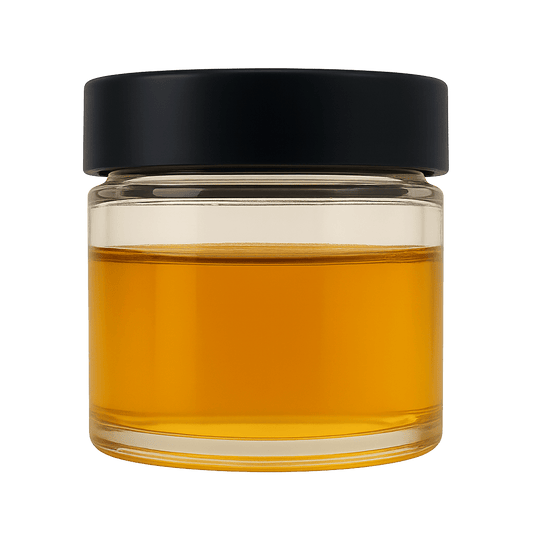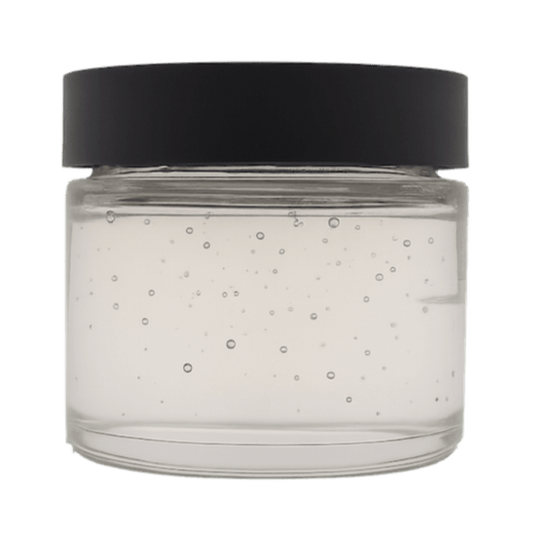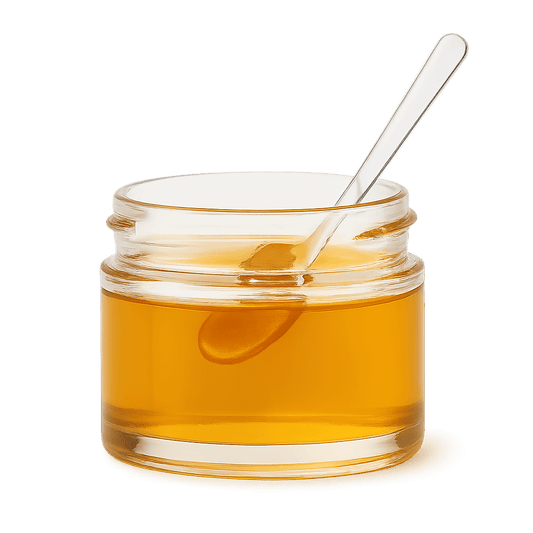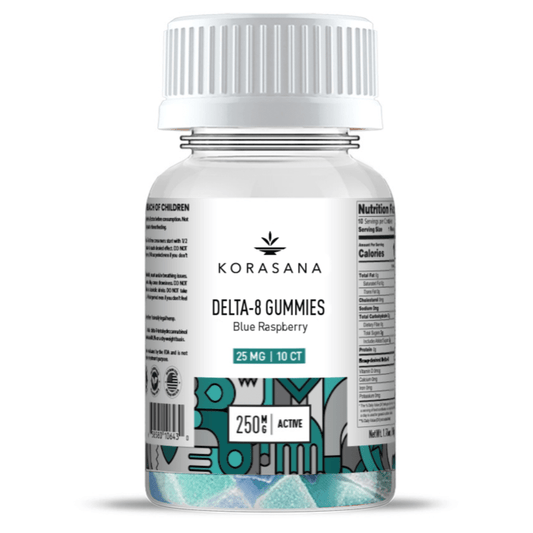Is Delta 8 THC Legal in Vermont?
NO - Delta 8 THC is Not Legal in Vermont
Delta 8 THC is not legal in Vermont. The state took a firm stance on Delta 8 THC by banning it in 2020, despite Vermont's progressive laws on hemp and marijuana. According to state officials, the production of Delta 8 THC cannot be considered legal hemp. The Vermont Agency of Agriculture, Farms, and Markets (AAFM), overseeing Vermont's hemp program, clarified that Delta 8 products are not hemp products and are illegal to manufacture. They also warned of possible criminal sanctions for possessing or distributing Delta-8 THC.
Legal Status of Delta 8 in Vermont
In Vermont, the legality of Delta-8 THC is governed by state laws and regulations that align with the state's stance on controlled substances and hemp products. The legal framework surrounding D8 THC in Vermont is primarily informed by the state's Controlled Substances Act, hemp program regulations, and specific advisories issued by state agencies.
-
Vermont Controlled Substances Act: Vermont's Controlled Substances Act lists various cannabinoids, derivatives, and isomers as controlled substances, depending on their psychoactive properties and federal scheduling. Although Delta 8 is naturally occurring in hemp in very low quantities, its legal status becomes complicated when it is synthesized from CBD, which is a common practice.
-
Hemp Program Regulations: Vermont's hemp program, overseen by the Vermont Agency of Agriculture, Food and Markets (AAFM), defines hemp based on its delta-9 THC content, mirroring the federal definition that considers cannabis with less than 0.3% delta-9 THC (on a dry weight basis) as hemp. However, this definition does not directly address the status of delta-8 THC, leading to regulatory advisories for clarification.
-
Advisories by State Agencies: The AAFM issued a clarification regarding Delta 8 THC, stating that products containing Delta-8 derived through synthesis from CBD do not qualify as legal hemp products. This advisory is crucial because it directly addresses the manufacturing and sale of Delta 8 products, marking them as illegal under state law. The agency has warned that possession, distribution, or sale of such products could lead to criminal sanctions, underlining the state's commitment to regulating psychoactive substances outside the legal cannabis market.
-
Legislation: Specific bills or amendments to existing laws could further clarify or change the status of Delta 8 THC in Vermont. As of my last update, detailed bill numbers or legislative documents were not provided, but the general legal framework and advisories from state agencies give a clear indication of the state's position on Delta 8.
The legal landscape is subject to change, and it is always a good idea to consult the latest state laws and advisories for the most current information. Vermont's approach reflects a cautious stance on cannabinoids that are psychoactive and can be synthesized from legal hemp derivatives, balancing the state's progressive policies on cannabis with public health and safety considerations.
The information provided on this website does not, and is not intended to, constitute legal advice or any statements regarding the status of any laws. The information, content, and materials present on this site are for general informational purposes only and should not be relied upon for any specific purpose. Laws vary across different states and are subject to change. Therefore, information on this website might not reflect the most recent legal or other developments. Read our full legal disclaimer HERE.






